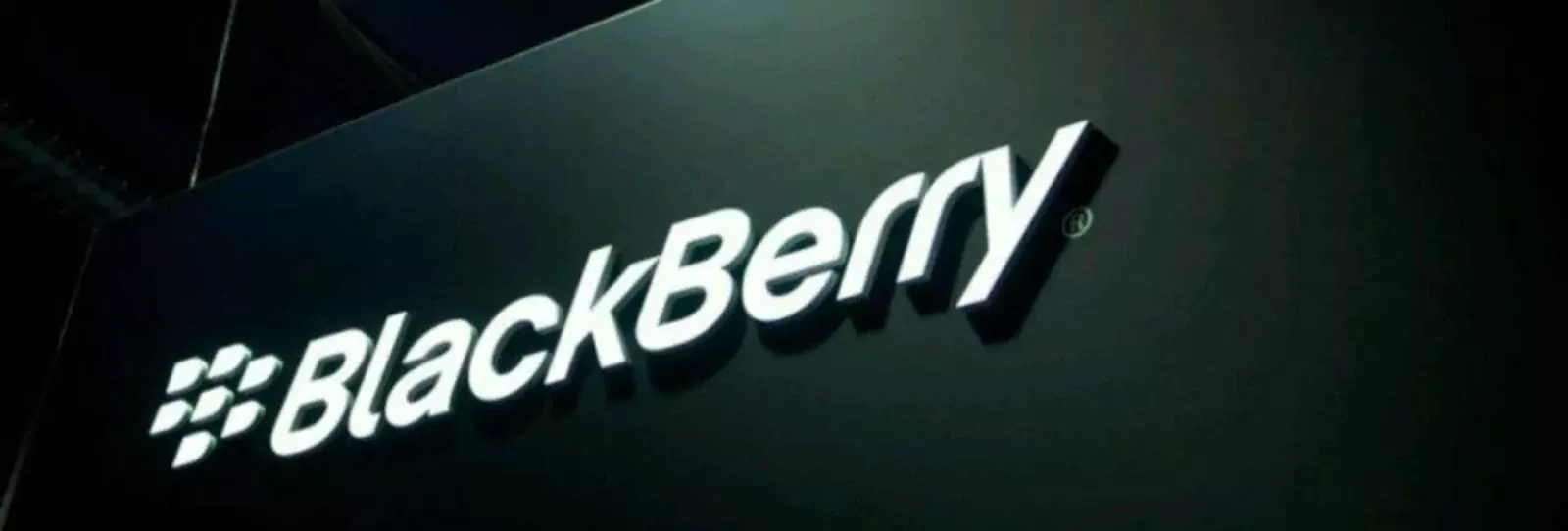MD of BlackBerry (BB) India, Sunil Lalvani, spoke to DNA India and said that the company will gradually shift focus to services and software, and steer clear of rural markets.
Services and software will be the predominant focus for BlackBerry in the ongoing future and due to the continued sales of legacy devices, there will be support for all BB 7 devices until December 2015.
Edited excerpts:
Why the change of brand name from RIM to BlackBerry?
BlackBerry was one of the few companies in the world where the brand actually overtook the company name. So BlackBerry became synonymous with the company. From a brand recall perspective, this has helped a lot.
Post recent changes at BB, what’s your focus?
It’s been a difficult one year, but you only emerge stronger and learn what is your core strength based on which customer segments are still loyal to you. It’s not that we are not profitable anymore, but have taken several write-offs resulting in a hit on our books in the last one year. This was due to several reasons.
When we launched BB 10, it was a new platform built ground up to upgrade a decade old BB platform. The inherent new features of BB10 had to be clearly articulated to end-users, which wasn’t done well, leading to issues like inventory build-up of the Z10 (pictured), but after cutting the price, sales have picked up again. In the last quarter, 60% of our revenue came from services and software – they generate higher margins. This is why, this year and beyond, services and software will be predominant focus for BlackBerry, and devices will be a pull through. We believe this strategy will be key to our turnaround and profitability in 2014, and we are extremely bullish about the future of BlackBerry.
What about rumours about BlackBerry exiting devices?
No, we are not exiting the devices space, but have decided to focus on two high-end devices and two mid-market devices. The high-end devices accordingly will be Z30 and Q10 and the mid-level phones will be Z10 and Q5 – two each of QWERTY and two touch-screen. We are lowering the cost of Q5 devices for India in January and other emerging markets will follow. The plan is to brink in more sub- Rs 20,000 – sub-Rs 40,000 devices, down from current price of Rs 25-26,000 for BlackBerry 10 devices. We will not be catering to the entry-level market. Keeping this in mind, we recently signed a five-year agreement with Foxconn to outsource our hardware management, while BlackBerry will have faster time to market with full concentration on software and services part of the business only. There will be support for all BB 7 devices till December 2015…then we will discontinue sales of older BB devices, and provide exchange offers and upgrade offers for existing BB 7 users, to move to BB 10 platform. However, there are no plans to get into the tablet space in the near future, having exited it after Playbook.
Don’t you think you will lose market share by neglecting the fastest-growing rural segment in India?
The rural addressable market opportunity is big, but the fact is we don’t have a phone in the price band or platform and features for low-cost phones – rural market may not appreciate these features or be willing to pay for it. BlackBerry is an aspirational brand and we want to cater to that segment that values what BlackBerry brings to the table. We are not in a mass market share or price war game. Our focus is on profitability, on how much we are generating from every device sale and software and services revenues.
Why the late decision to open cross-platform BlackBerry Messenger (BBM)?
In the last 60 days, since we made BBM cross-platform, that is, opening it up for non-BlackBerry users, we’ve had 40 million downloads of new Android and iOS users. Before, we had 60 million active BBM users worldwide. Thus, today we have a total BBM base of 100 million. However, had we opened up cross-platform two years ago, BlackBerry device sales would have been challenged.
A late launch of cross-platform BBM, when the market was full of competitors like WhatsApp, WeChat and LINE meant that BBM users could better judge the difference between instant messaging options. Now, BBM is preferred as more secure, reliable and immediate, because of its privacy that ensures only users having each other’s PIN numbers can chat – a feature exclusive to BlackBerry.
Why does BB have insufficient apps?
We will soon be rolling out an update to the 10.2 OS, called 10.2.1 which will support Android APK – which means a BB user now has access to the entire suite of apps in the Android app store, in addition to existing BB apps.
[signoff predefined=”Enjoy this?” icon=”icon-users”][/signoff]



